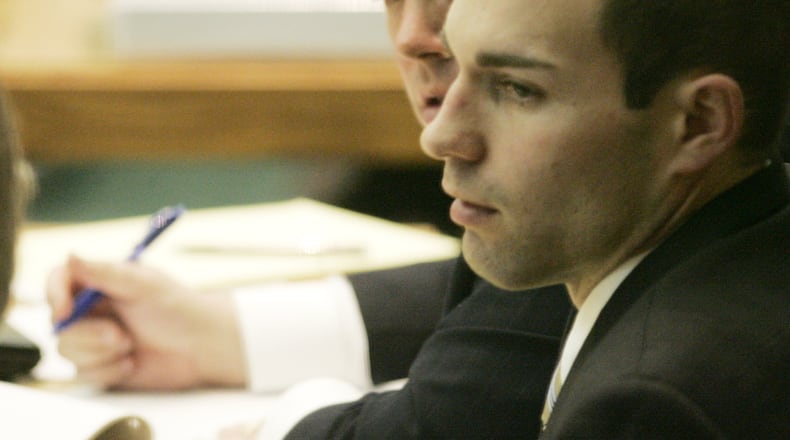Several arguments for freeing Widmer centered the background of the former lead detective in the case, Jeff Braley. Widmer’s attorney said that Braley falsely claimed to have served in an elite Special Forces unit and made up parts of his resume that led to his originally being hired by the Hamilton Twp. police department.
The district court denied these arguments, generally ruling that the falsehoods wouldn’t have made a serious impact on the jury’s decision, partly because of how long before the case the falsehoods were made, but also because Braley had since attended the police academy and was not the only one to bring up reasons that the death was suspicious.
The defense also argued that the arguments about arm prints on the bathtub were based on “junk science,” but again the appeals court denied the argument and ruled that the testimony by itself wasn’t definite or influential enough to substantially affect the case.
Widmer and his attorney argued that Widmer should have been allowed to test his wife’s DNA for a rare genetic disorder that they believe could have explained her death, but the district court found that Ohio law did not allow for access to DNA testing in this case.
The appeals court affirmed each of the district court’s decisions, according to court documents.
In addition, Widmer and his attorney argued that his legal counsel during the trials was ineffective for not pursuing genetic testing for the disorder, a claim which was denied by a state appeals court and the federal appeals court also affirmed.
The case drew national and international attention after Widmer was accused of murdering Sarah Widmer and trying to cover it up by telling authorities that his wife had apparently fallen asleep in the bathtub and drowned while he was downstairs, court documents said.
He was originally found guilty in April 2009 following a trial and 23 hours of deliberations. The verdict centered around the state of Sarah’s body when first responders arrived, minutes after Widmer dialed 911. First responders said her body was virtually dry and only her hair was damp, and prosecutors claimed he drowned his wife then staged the 911 call.
This verdict was thrown out when it was found several jurors performed at-home drying experiments and then told the other jurors about them.
The next trial in 2010 ended in a hung jury after 31 hours of deliberation. Several jurors said that the lack of evidence of a struggle in the small bathroom was key to their disagreement, and although first responders said the scene was dry you could see the magazines littering the floor had been wet.
The final trial was in 2011, and involved testimony from a “mystery witness” who testified that after the first two trials, Widmer had drunkenly confessed to her that he had killed Sarah. This last trial ended in a guilty verdict and Widmer being sentenced to 15 years to life in prison.
Appeals to the Ohio and U.S. supreme courts were denied.
Widmer is incarcerated in the Correctional Reception Center in Orient, Ohio, and is expected to have a parole hearing in July. According to Ohio Department of Corrections records, he is eligible for parole starting Aug. 29.
About the Author



